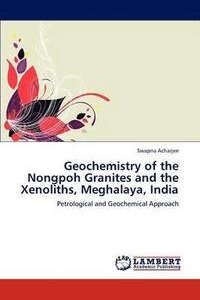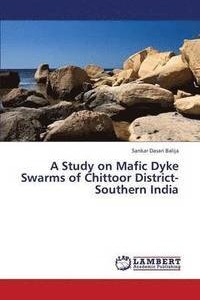
Liknande böcker
Hydrocarbon Potential of Northwest Kenya Rift Basins : A Synopsis of Evidence and Issues
Bok av Bernard Rop
The research work, in this book, involves an overview study of the subsurface stratigraphical studies of Cretaceous-Tertiary Basins of northwest Kenya. The basins evolved through extension tectonics that brought out continental rifting as a part of the major Gondwanaland breakup in the Late Paleozoic time, and continued in the Mesozoic and Tertiary. This movement was accompanied by a stupendous outpouring of the lava flows. The gravity anomaly maps and seismic profiles were useful for the interpretations incorporated in this book which revealed the presence of several horst and graben like structures, determined the fault system and the basement depth, and predicted favourable petroleum zones. The basins attracted potential petroliferous sedimentary piles (~2000 - 5000 m thick) deposited on basement rocks of Precambrian age and later got covered by Miocene basaltic flows. The drill core lithologs were available pertaining to wells: LT-1 and LT-2 in the Lokichar and North Kerio-Turkana basin systems (Tertiary) and C1, C2 and C3 in the Chalbi basin (Cretaceous). The lithologs from these wells with oil/gas shows characterized the sourcereservoirseal petroleum targets.







